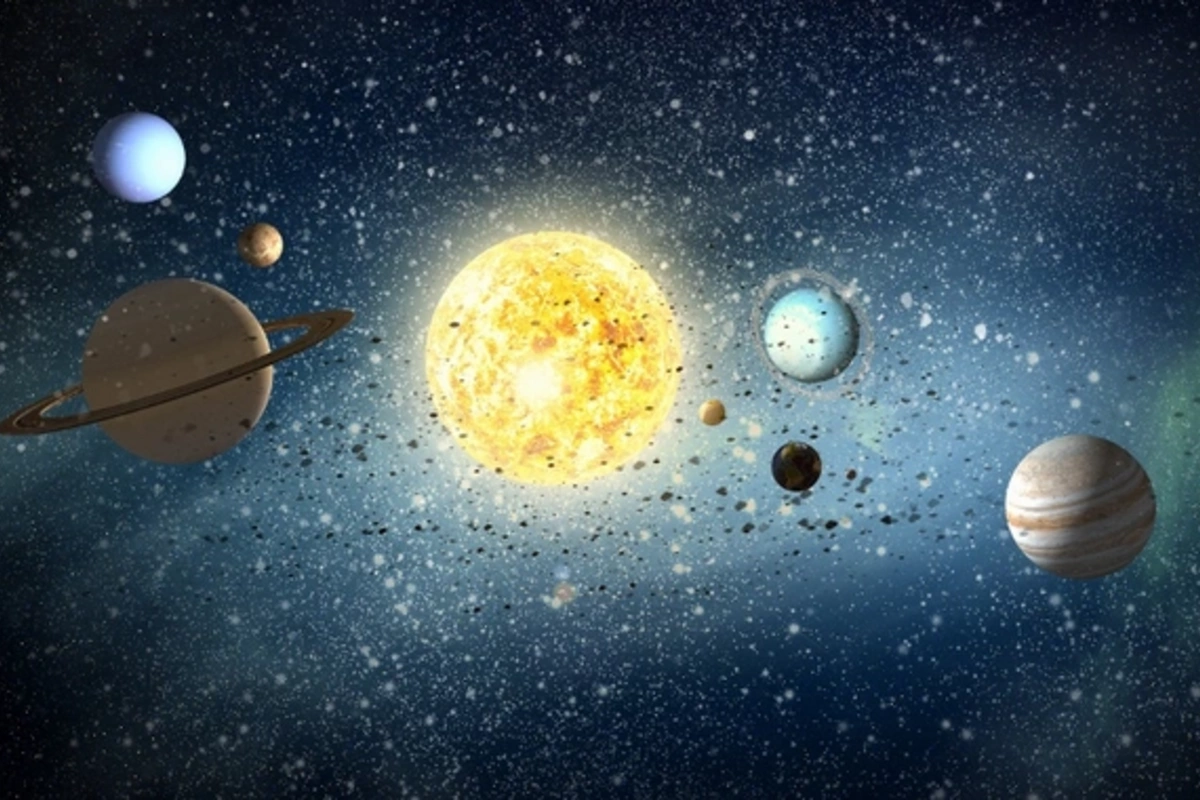02 Jun , 14:59
0

"Uninvited guests" in the form of passing stars represent a potential threat to the stability of the entire Solar System. New astronomical research suggests that Earth could one day be literally ejected from its orbit and leave the Solar System - and this might happen not due to the aging of the Sun, as commonly thought, but due to the chaotic movement of a rogue star.
Although such a catastrophic scenario belongs to the extremely distant future - measured in billions of years - scientists are already actively modeling how critically passing stars could disrupt the orbital architecture of our system. The results of these large-scale calculations, as reported by Daily Galaxy, cause serious concern in the scientific community.
How passing stars disrupt planetary orbits
In traditional models of Solar System evolution, it is usually considered as an isolated structure with minimal external influence. However, reality is much more complex: our galaxy, the Milky Way, is literally saturated with stars, and some of them periodically pass dangerously close to our planetary system.
In most cases, such cosmic "visits" do not pose a significant threat: the gravitational influence of stars is too insignificant at large distances. However, in exceptional situations, a star may pass close enough to disrupt the delicate gravitational balance that keeps planets in their stable orbits.
The new study, published in the authoritative scientific journal Icarus, is devoted to a detailed assessment of such scenarios. Scientists conducted an impressive 2000 computer simulations using the NASA Horizons system, modeling the passage of stars in close proximity to the Solar System. The results showed an alarming trend: such events can reduce the long-term stability of planetary orbits by almost 50%.
Notably, this instability is distributed extremely unevenly: some planets turn out to be significantly more vulnerable than others.
Mercury - the weak link in the system
Among all planets, Mercury caused particular concern for researchers. It is initially considered the least stable planet with an orbit that steadily becomes more elongated (eccentric). This makes it exceptionally vulnerable to any additional external disturbances.
According to the results of detailed simulations, Mercury is most often "lost" as a result of gravitational disturbances from a passing star. Possible dramatic consequences include its fall into the Sun, catastrophic collision with Venus, or complete departure from orbit into interstellar space.
In a number of modeled scenarios, Mars - another relatively light planet with a mobile orbit - also "falls out" of the system.
Earth demonstrates significantly greater stability in these models. However, researchers particularly emphasize: if another planet becomes destabilized and abruptly changes its trajectory, this could cause a chain reaction and affect Earth's orbit - up to its catastrophic ejection beyond the Solar System or a destructive collision with another cosmic body.
The fragility and vulnerability of the Solar System
Despite the fact that such apocalyptic scenarios may only materialize billions of years from now, the study emphasizes the fundamental